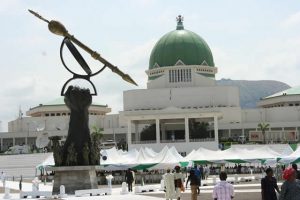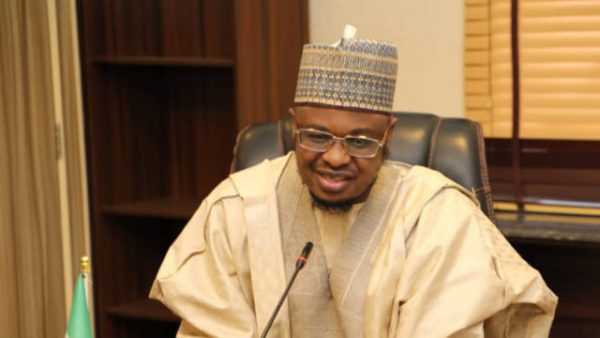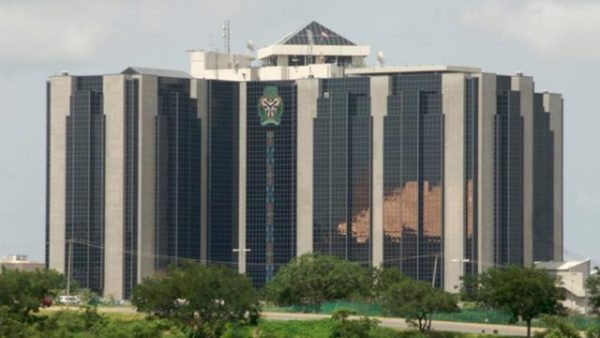Budget delay not good for economic recovery –Experts

Economic analysts have called on the Federal Government to put in place mechanisms to help check the incessant delays that usually accompany the passage of budgets in the country.
The analysts, who spoke to our correspondent in separate telephone interviews on Monday, said that at a time when the government was working at taking the country out of economic recession, any delay in passing the budget would affect the programmes of the government.
Nigeria has been experiencing delays in its budget process since the return to democratic rule in 1999, owing to power tussle between the executive and the legislature.
For instance, the 2011 budget was passed on March 25, 2011, while that of the following year was passed on March 14, 2012.
For the 2013 budget, it was passed by the lawmakers on December 20, 2012 and signed into law by former President Goodluck Jonathan in February 2013, while the 2014, 2015 and 2016 budgets were also signed in the month of May of the respective years.
The Lead Fellow, Institute of Fiscal Studies of Nigeria and former Managing Director of Unity Bank Plc, Mr. Rislanudeen Muhammed, said there was a need for the executive to submit the Medium Term Expenditure Framework on time to the National Assembly.
He stated that while the delay in the passage of the budget might not have any significant impact on recurrent expenditure since there was a provision that allowed the government to spend based on previous year’s budget, the capital aspect of its programmes were usually affected by the delays.
Muhammed said, “There is a need for all organs of government to put their heads together to ensure that the issue of the budget is worked on timely, particularly the MTEF should be submitted to the National Assembly as early as June or latest, July.
“This will provide the National Assembly enough time to work on the document in terms of all the underlining parameters for the budget rather than what we are currently witnessing now with the incessant delays.”
He added, “The National Assembly and the executive need to work closely to ensure that the budget is submitted, passed and signed latest by December so that implementation can commence in January.
“It is not healthy that we are in April and we still don’t know the fate of the budget. This will affect the implementation of capital projects and it is not good for an economy that is planning to recover from recession.”
The Lead Director, Centre for Social Justice, Mr. Eze Onyekpere, said there was a need for the engagement of stakeholders in budget preparation as well as approval processes.
He said, “The Federal Government can stop the delayed passage of the budget and ensure that it is ready for implementation by the first day of January in each year by guaranteeing that budget preparation starts early so that it can be sent to the legislature not later than September every year.
“With four clear months to the end of the year, the National Assembly will have sufficient time to approve the budget and get it ready for presidential assent in due time. This is not rocket science; it is doable if the political will is there on the executive and legislative sides.”








